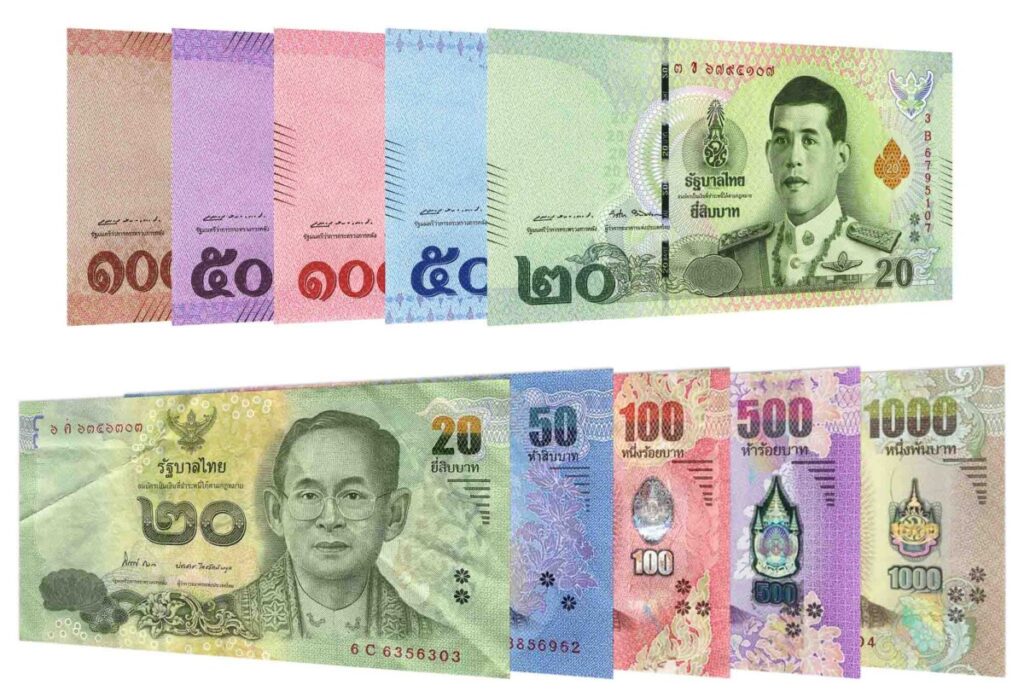Thailand has a Constitutional Monarchy government. The chief of state is the King Wachiralongkon and their Prime Minister Prayut Chan-ocha. Additionally, the constitution document was drafted and ratified in 2007. Contents of the document include the rights and freedoms of the people, structure of the government, duties of the Thai people, direct political participation of the public, etc.” Thailand currency is ‘Thailand Baht (THB) ฿1. One Thai Baht is equivalent to 3 United States pennies (1 U.S Dollar equals 31 Thai Bahts). Thailand has one of the lowest unemployment levels in the world at less than 1% before COVID, and 1.69% in 2020. Thai people are considered Upper Middle Class and they have one of the lowest unemployment levels in the world at less than 1%. Their top trading industries include tourism, textile and garments, agricultural processing and beverages.
Thailand has been a widely cited development success story, with sustained strong growth and impressive poverty reduction (World Bank, 2020). In generations, Thailand has made progress in developing from low-income to making progress building it’s middle class and upper-income populations. However, since the COVID-19 pandemic is still going on, Thailand’s economic impact has been severe with job losses and increasing rates of poverty.

This pandemic did not only affect Thai people’s health and lifestyle but also affected their businesses and the economy. Throughout this pandemic, businesses lost an abundance of jobs which caused Thailand’s economy to decline. In the baseline, the Thai economy is projected to grow by 4.1 percent in 2021 and by 3.6 percent in 2022, which represents a slow recovery to pre-COVID GDP output levels by mid-2022 (Kongrukgreatiyos, 2020). The lack of job losses especially in tourism will decline due to social distancing. It has been stated that in the past, the economic growth of Thailand was delayed from 4.2% in 2018 to 2.4% in 2019 (World Bank, 2020). This demonstrates the impact of US-China trade tensions, slowing public investments and drought affecting agriculture. Thailand’s future growth is at risk if their economic growth keeps declining. This will affect education and the younger generation.
Poverty is a big problem in Thailand and has been widespread in all regions increasing over the last 30 years. The World Bank Bank reports recommends Thailand could consider establishing programs with universal benefits to help cushion against epidemic outbreaks as well as other negative shocks, complemented by more targeted programs for the poor (Kongrukgreatiyos, 2020). Thailand needs to extend strict social distancing to prevent the densely populated poor people from getting sick if they do not have adequate medical protection and care.



